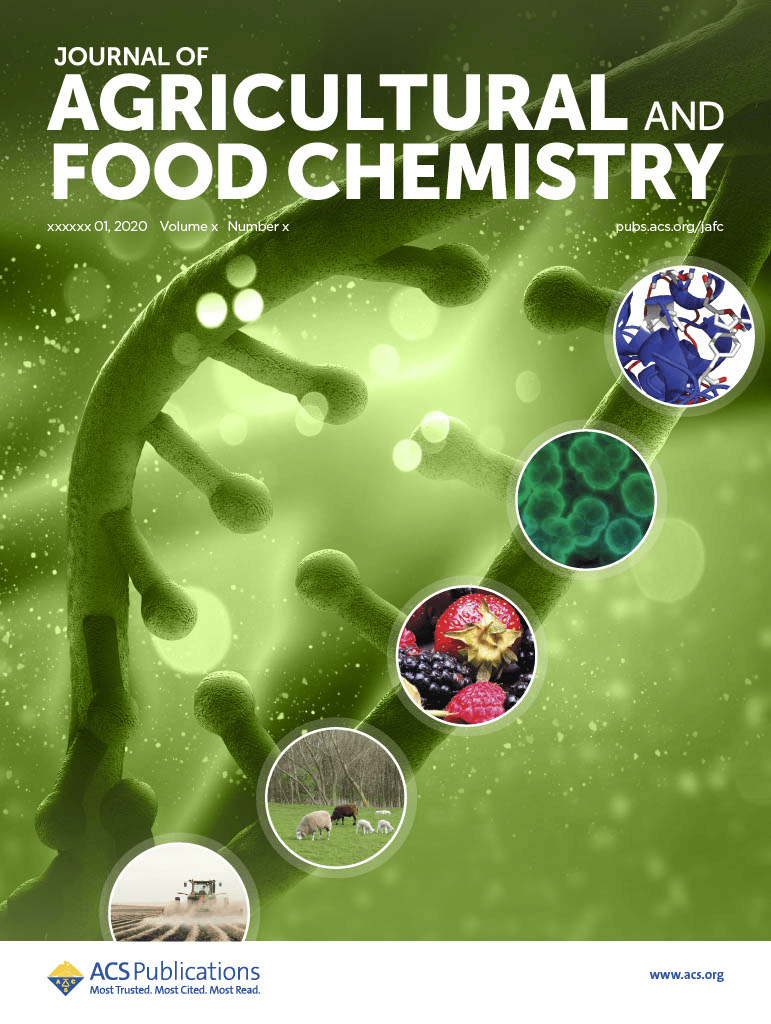Many grocery store shoppers believe that organic vegetables are healthier than their conventional counterparts, but studies comparing nutritional content have produced mixed results. Now, researchers have completed the first-ever multiyear field test of a crop grown with organic methods versus conventional ones. They report that organic onions contain a significantly higher amount of two types […]

Many grocery store shoppers believe that organic vegetables are healthier than their conventional counterparts, but studies comparing nutritional content have produced mixed results. Now, researchers have completed the first-ever multiyear field test of a crop grown with organic methods versus conventional ones. They report that organic onions contain a significantly higher amount of two types of flavonoids—compounds that some studies have shown may protect against chronic health conditions like cardiovascular disease, diabetes, and cancer.
Previous studies of differences between conventional and organic produce have relied on vegetables bought off the shelf or have encompassed just a couple of years of side-by-side growth, making it difficult to rule out the effects of annual differences in weather or other factors. In this study, researchers from Teagasc Food Research Centre wanted to do a longer, better-controlled study by growing the same vegetables in the same location over six seasons using conventional versus organic methods. Between 2009 and 2014, the researchers grew red and yellow onions—Red Baron and Hyskin varieties—using both organic farming practices as defined by the European Union and conventional methods, which involved the use of mineral fertilizers and synthetic pesticides. Then they analyzed the compounds in freeze-dried extracts from the onions using high-performance liquid chromatography and other techniques.
Not surprisingly, the red onions had higher levels of the red-pigmented flavonoid anthocyanin, while the yellow onions had higher levels of quercetin, which imparts a yellowish pigment. Annual weather factors like rainfall and temperature also contributed to variability in phytochemical content.
Overall, however, across the six years of the study, the total flavonoid content was 10-50% higher by dry weight in the organic onions. Consistently higher levels of individual flavonoids were also present in the organic onions, and the extracts had higher antioxidant activity in two assays that measure radical scavenging activity.
The team’s analysis attributed the flavonoid content increase in the organic onions primarily to the differences in soil management and pest control practices. Under organically farmed conditions, the plant experiences more stress as it grows, explains Dilip K. Rai, the study’s senior author. Without synthetic pesticides, for example, microbial attacks increase. Plants generate secondary metabolites such as anthocyanin and quercetin as a defensive mechanism, he says.
Rai points out that the study’s findings align with a major 2012 meta-analysis that found no nutritional differences between organic and conventional produce but noted that flavonoids and other polyphenol compounds increase in organic farming. “We have to make a distinction between nutritional compounds” — like protein and minerals that we need for growth — “and health-promoting ones,” he says.
Pinning down whether the increase translates to real health benefits is difficult, however. “That’s the million-dollar question,” says Rai. Thunder Jalili, a nutritional scientist at the University of Utah who studies the physiological effects of phytochemicals, notes that a handful of studies have shown that taking quercetin reduces blood pressure. The doses given are generally much higher than could be consumed from onions, however.
This article is reproduced with permission from C&EN (© American Chemical Society). The article was first published on June 28, 2017.
